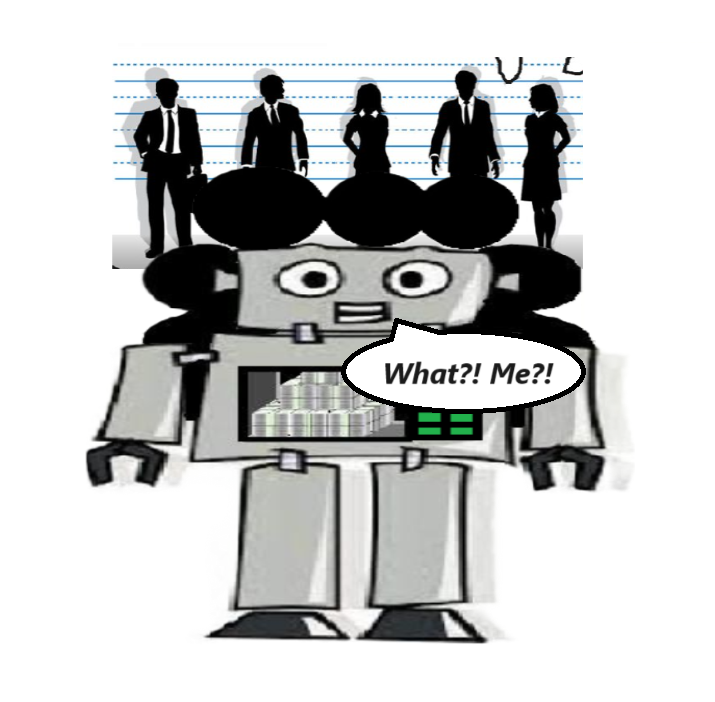Meridian Global Funds Management Asia Ltd v Securities Commission [1995] UKPC 5
Citation: Meridian Global Funds Management Asia Ltd v Securities Commission [1995] UKPC 5
Rule of thumb: What happens if multiple people in an organisation are breaking criminal laws? The actual company can be deemed to have committed a criminal offence & the whole company potentially being stopped from trading.
Judgment:
‘... there would be little sense in deeming such a persona ficta to exist unless there were also rules to tell one what acts were to count as acts of the company. It is therefore a necessary part of corporate personality that there should be rules by which acts are attributed to the company. These may be called ‘the rules of attribution’. There can be rules in the constitution or rules implied (e.g. shareholders acting unanimously are the company, Multinational Gas). Otherwise, the principles of agency apply, and the company acts through its servants and agents. The company’s primary rules of attribution together with the general principles of agency, vicarious liability and so forth are usually sufficient to enable one to determine its rights and obligations. In exceptional cases, however, they will not provide an answer. This will be the case when a rule of law, either expressly or by implication, excludes attribution on the basis of the general principles of agency or vicarious liability. For example, a rule may be stated in language primarily applicable to a natural person and require some act or state of mind on the part of that person ‘himself’ as opposed to his servants or agents. This is generally true of rules of the criminal law, which ordinarily impose liability only for the actus reus and mens rea of the defendant himself. How is such a rule to be applied to a company? One possibility is that the court may come to the conclusion that the rule was not intended to apply to companies at all; for example, a law which created an offence for which the only penalty was community service. Another possibility is that the court might interpret the law as meaning that it could apply to a company only on the basis of its primary rules of attribution, i.e. if the act giving rise to liability was specifically authorised by a resolution of the board or a unanimous agreement of the shareholders. But there will be many cases in which neither of these solutions is satisfactory; in which the court considers that the law was intended to apply to companies and that, although it excludes ordinary vicarious liability, insistence on the primary rules of attribution would in practice defeat that intention. In such a case, the court must fashion a special rule of attribution for the particular substantive rule. This is always a matter of interpretation: given that it was intended to apply to a company, how was it intended to apply? Whose act (or knowledge, or state of mind) was for this purpose intended to count as the act etc. of the company? ... It is a question of construction in each case as to whether the particular rule requires that the knowledge that an act has been done, or the state of mind with which it was done, should be attributed to the company...’ Lord Hoffman

Warning: This is not professional legal advice. This is not professional legal education advice. Please obtain professional guidance before embarking on any legal course of action. This is just an interpretation of a Judgment by persons of legal insight & varying levels of legal specialism, experience & expertise. Please read the Judgment yourself and form your own interpretation of it with professional assistance.

